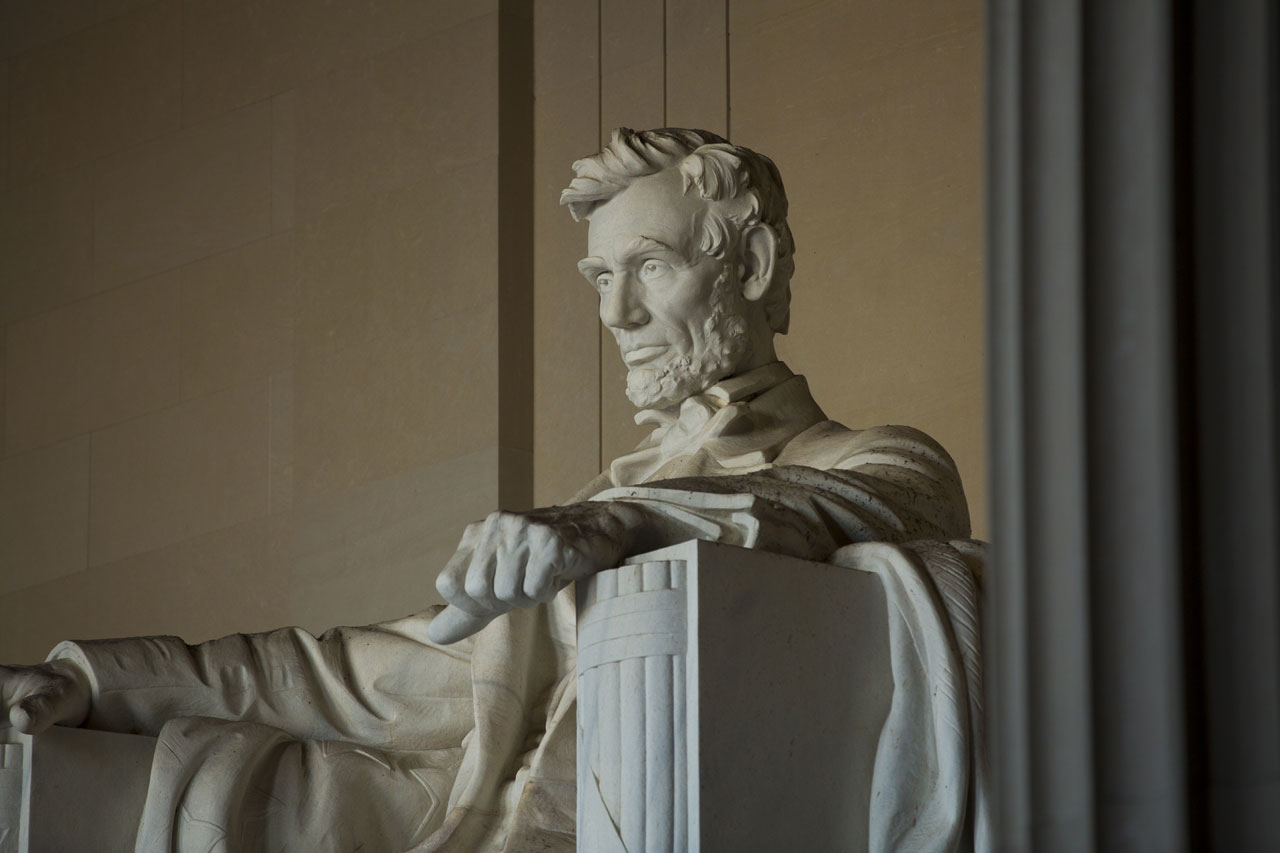“It has seemed to me fit and proper that they should be solemnly, reverently and gratefully acknowledged as with one heart and one voice by the whole American People. I do therefore invite my fellow citizens in every part of the United States, and also those who are at sea and those who are sojourning in foreign lands, to set apart and observe the last Thursday of November next, as a day of Thanksgiving and Praise to our beneficent Father who dwelleth in the Heavens”—President Abraham Lincoln, Thanksgiving Proclamation, Oct. 3, 1863.
This week, we observe Thanksgiving, a national day of feasting and gratitude to our Maker and Sustainer, the Lord God Almighty. Yet feasts and festivals do not have as much meaning in times of plenty as they do amid hardship.
Indeed, the Pilgrims, who were helped greatly by Native Americans, each knew hardship yet still gave thanks. When President Lincoln issued his Thanksgiving Proclamation, it meant something because it came at a time of terrible suffering.
Today, many do face poverty, hunger and injustice. Yet take a quick look at what sins dominate our culture today—lust, greed, pride—and we see they are sins of affluence and excess. While we certainly do not want to invite hard times or give up prosperity for ourselves and our children, we can learn from Lincoln about avoiding vice and cultivating virtue in the following ways.
/// Reflect & Remember
In his Proclamation, Lincoln listed blessings from the Lord including “fruitful fields and healthful skies” and a growing population in spite of battle tolls. He called on people to recognize that these “are the gracious gifts of the Most High God, Who, while dealing with us in anger for our sins, hath nevertheless remembered mercy.” Lincoln knew that because God remembers us, we should remember Him in our thoughts. Whether in your daily life or at worship services, take more time remember what God has done for you through His Son.
/// Repent & Revere
Lincoln also said, “I recommend to them that while offering up the ascriptions justly due to Him for such singular deliverances and blessings, they do also, with humble penitence for our national perverseness and disobedience, commend to His tender care all those who have become widows, orphans, mourners or sufferers in the lamentable civil strife in which we are unavoidably engaged.” Americans today have much national perverseness and disobedience from which to repent, and we still serve a great God worthy of our reverence.
/// Fast & Pray
We Baptists are good at the feasting and not so good at the fasting. Unlike Catholics, Evangelical Christians are not under any obligation to fast. At the same time, there are countless examples of God’s people going without food or comforts to focus on the things of God. Jesus said, “When you fast” (Matt. 6:17), not “if.” Whether it be taking a break from technology or food, fasting could be a great way to focus on God and give our feasting even more meaning. And in Scripture, fasting is always combined with prayer, which is at the heart of the Christian life.
In summary, while evil leaders like Hitler appeal to all that is worst in people, great leaders, like Lincoln, appeal to all that is best. Lincoln’s words from 1863 still have meaning for us today, if we will let them.





